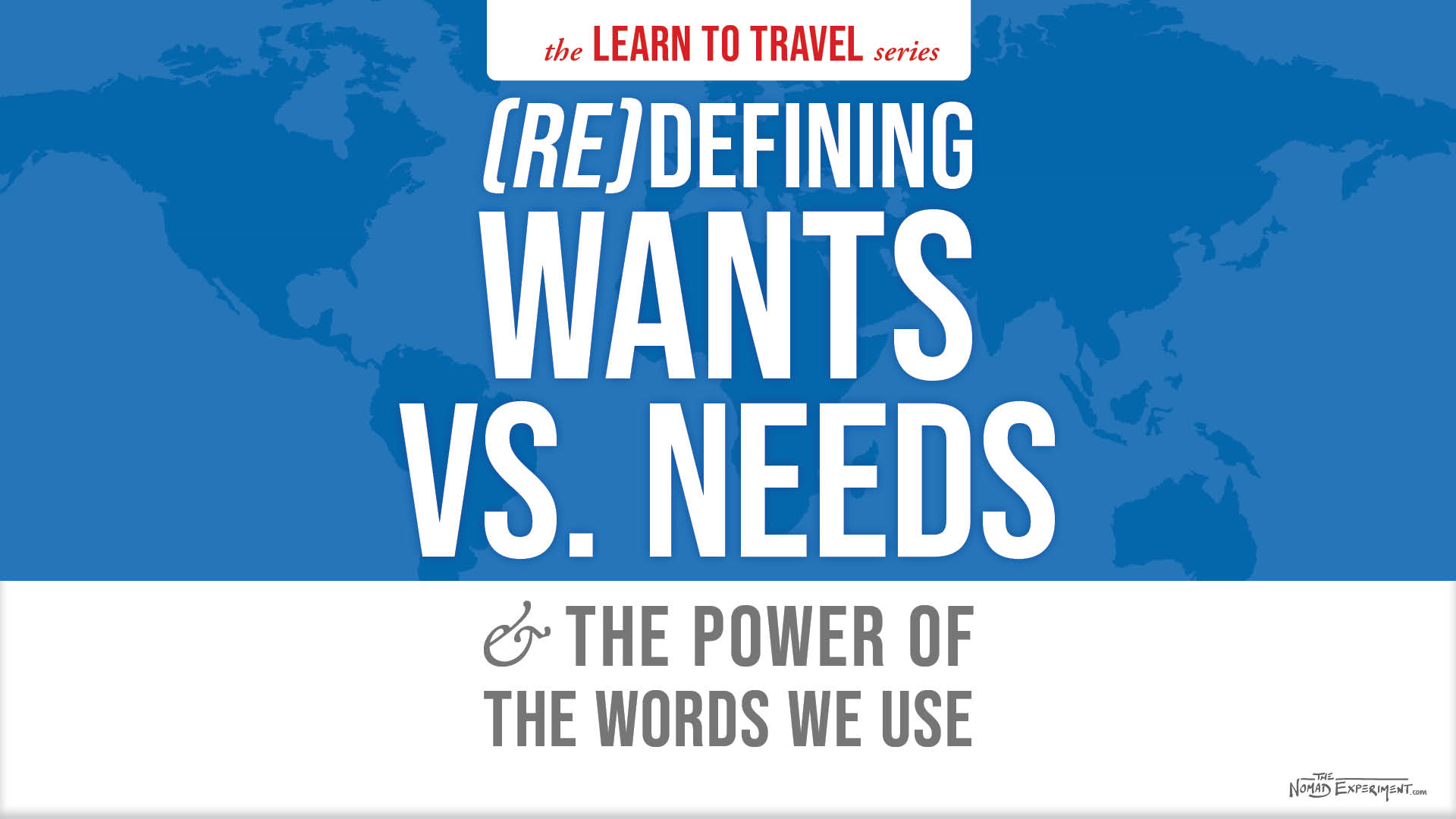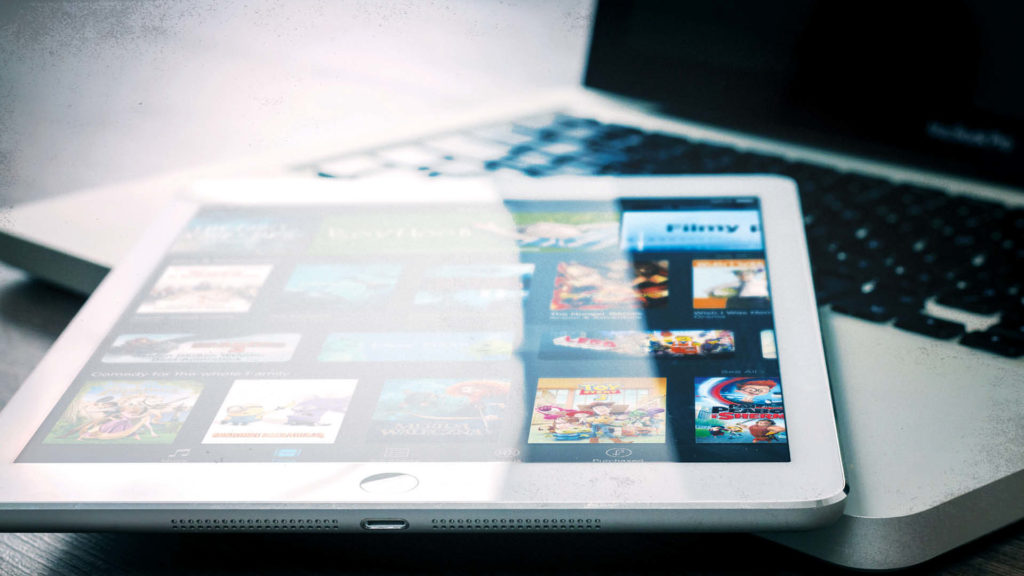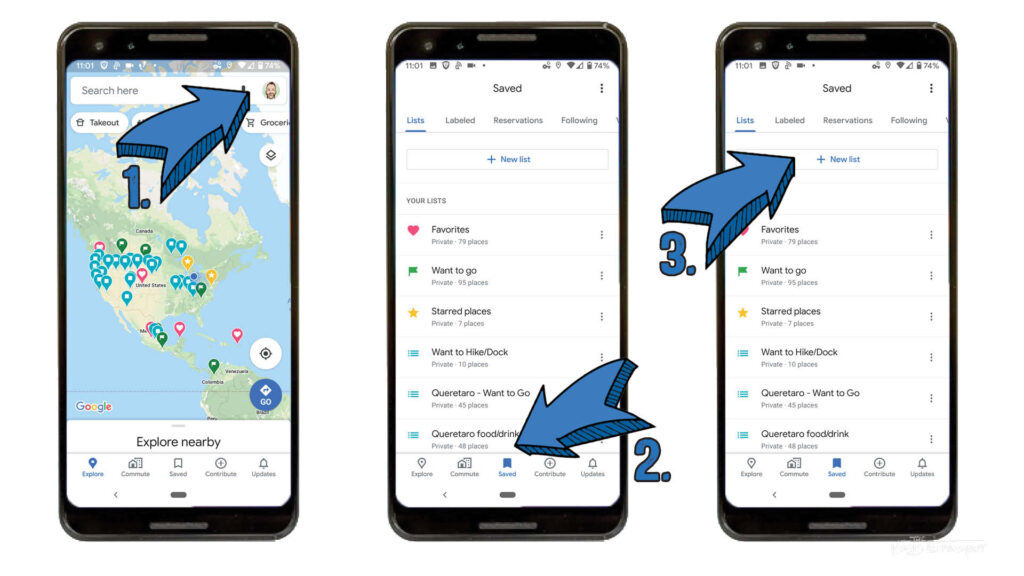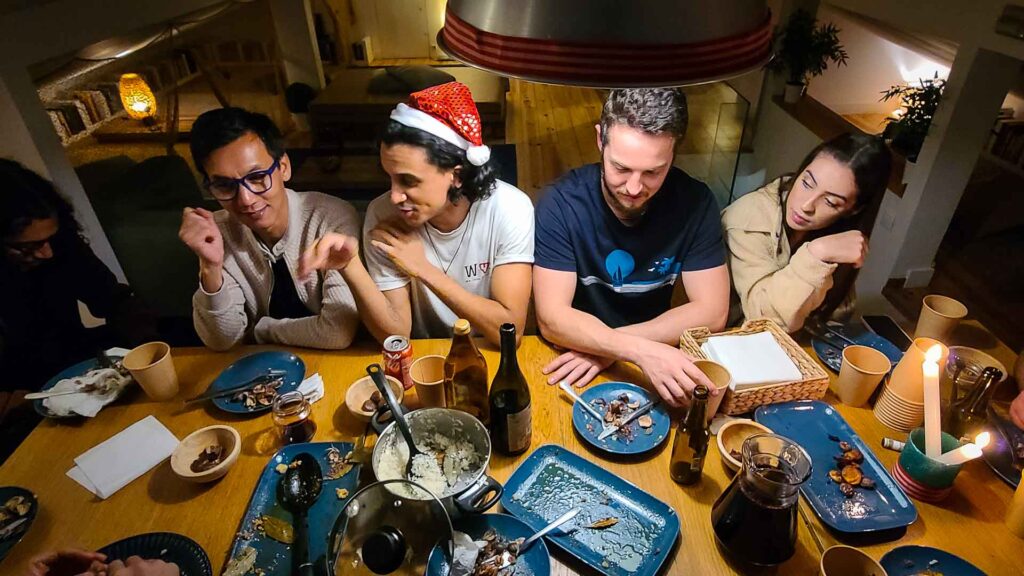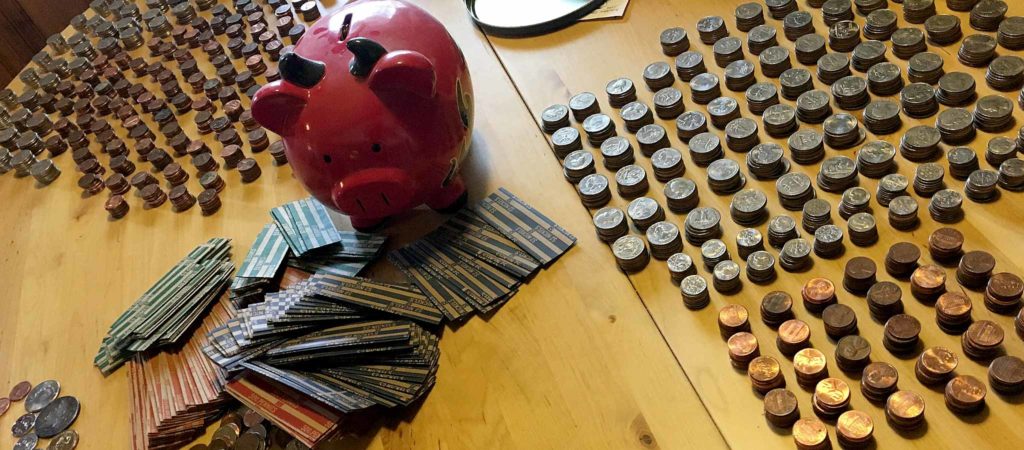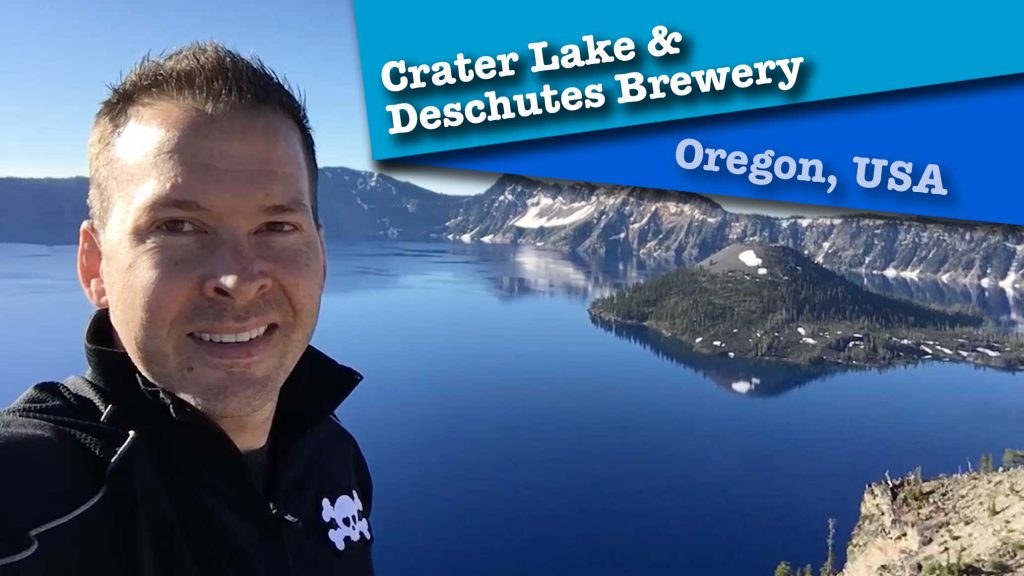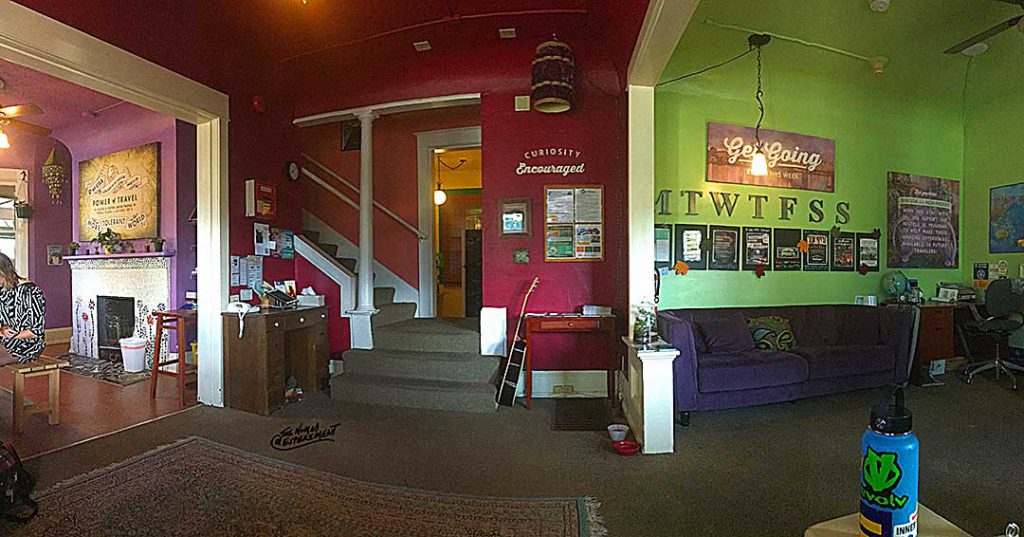The Learn To Travel Series: The Power of Words; Redefining Your Wants & Needs
(Re)defining your wants and needs
Can we get real for a second, use our growed-up voices, and do some brass tacks adulting talk? Look at how your results while you learn to travel, and through life really, can be seriously swayed by being honest with yourself and specific about your wants and needs? If you’re saying “no,” well, too bad. I’ve got the mic. It’s happening. Here goes…
Most of your “needs” are really wants. So make sure you’re viewing and treating them that way.
Maybe take a second to reread that one and let it sink in.
This is actually a really important concept if you want to be able to afford to travel more often or even eventually or potentially become a full-time traveler or digital nomad. Yes, you can learn to travel the world extremely cost-effectively, but at the end of the day, your priorities will define exactly what that looks like in the bottom line.
I’ll use myself as an example with some word- and thought-shifts I’ve come to terms with over the past few years.
But spoiler alert, when you’re finally comfortable with it, you’ll have to come to terms with the reality that some of the following “I’s” are really Yous… Or something like that.
This site participates in the Amazon Services LLC Associates Program and other affiliate programs and may earn from qualifying purchases. You’re never charged more, but it helps out little by little! Check out “Privacy” in the top menu if you need to know more!
My needs vs wants changes over the years
I never need a beer or a drink. But sometimes I really want one. Or I’m just bored.
That new pair of jeans or a piece of clothing is rarely needed. Sometimes I just want it or justify it for an excuse of an occasion that makes me feel better about making the purchase.
I don’t need that new furniture. Maybe the furniture I do have needs a good cleaning or freshening-up, but it probably doesn’t need to be replaced.
I rarely needed a new vehicle. I might have really wanted one, and could even justify how it might have made my life better. And I definitely didn’t want that new payment.
A bigger place wasn’t a need ; I just needed less sh*t filling the place I had.
I don’t need a haircut every 2-3 weeks or so. It’s nice, and I do feel better, but I probably only need one every 4-5 weeks if I’m perfectly honest with myself.
I don’t need that new tattoo. It’s definitely a heavy want though. Like really, really want it.
Staying in a hotel, or even a motel and pay the price that comes with both isn’t a need, especially as a solo traveler. Well. That’s actually an easy one since I would likely choose a good hostel or campsite over a hotel/motel any day!
Heck. I’ll even go one crazy level deeper: I don’t need to travel, but I’ve learned that I sure do want to—more than many things—and I think it makes me a better world citizen when I do.
READ NEXT: What The Heck Is The Schengen Zone? How U.S. Passport Holders Travel Europe For Months On End
The Prettiest F*cking Sintra, Portugal Travel Guide You’ve Ever Seen—AKA: Isn’t It Romanti…cism?
Jeep Wrangler Upgrades & Accessories to Make Your Jeep Life Fun as Hell!
Thanks a lot Captain Buzzkill…
Here’s the thing. I’m not here to be a Debbie downer and tell you what you can or can’t have. Or attempt to define what is truly a want for you compared to what is a need for you.
You’re an adult, dammit. And it’s your job to make those decisions.
But… I will tell you that, based on my own experience, the sooner you stop lying to yourself about the choices you’re making, or falsely validating the reasons you’re making them, the better off you’ll be. You’ll likely start making better decisions that are more aligned with your dreams and ambitions in all areas of your life.
And if learning to travel more or learning the ins-and outs of long term travel are your priorities, make sure you’re treating them that way!
Fortunately—or unfortunately, depending on how you’re rolling— a lot of the positive outcomes in life come from simply making good decisions. Good decisions are better made with real data and rather than with false or manipulated insight.
Needs vs. Wants. Experiments vs Conjecture. Honesty vs Dishonesty…even when…or especially when…it’s within yourself.
Now let’s dig a bit deeper into how to clear up any other nasty phrases that might undermine your travel plans.
A few more phrases to watch out for as you learn to travel
Now that we’ve pulled off the bandage on that whole “wants vs. needs” concept, there are a few more phrases we need to deep dive a little bit.
Two of the biggest components of travel are time and money. How you view and treat each will massively impact your outcomes.
Essentially, we need to actively police the words we’re using with and towards ourselves and our actions. Be honest with ourselves and cut through the bullsh*t. Change the words we’re using and be literalists and realists instead of blind, lying optimists.
For instance, there are a few phrases I’m going kindly ask you to rephrase in your life while you learn to travel through this series.
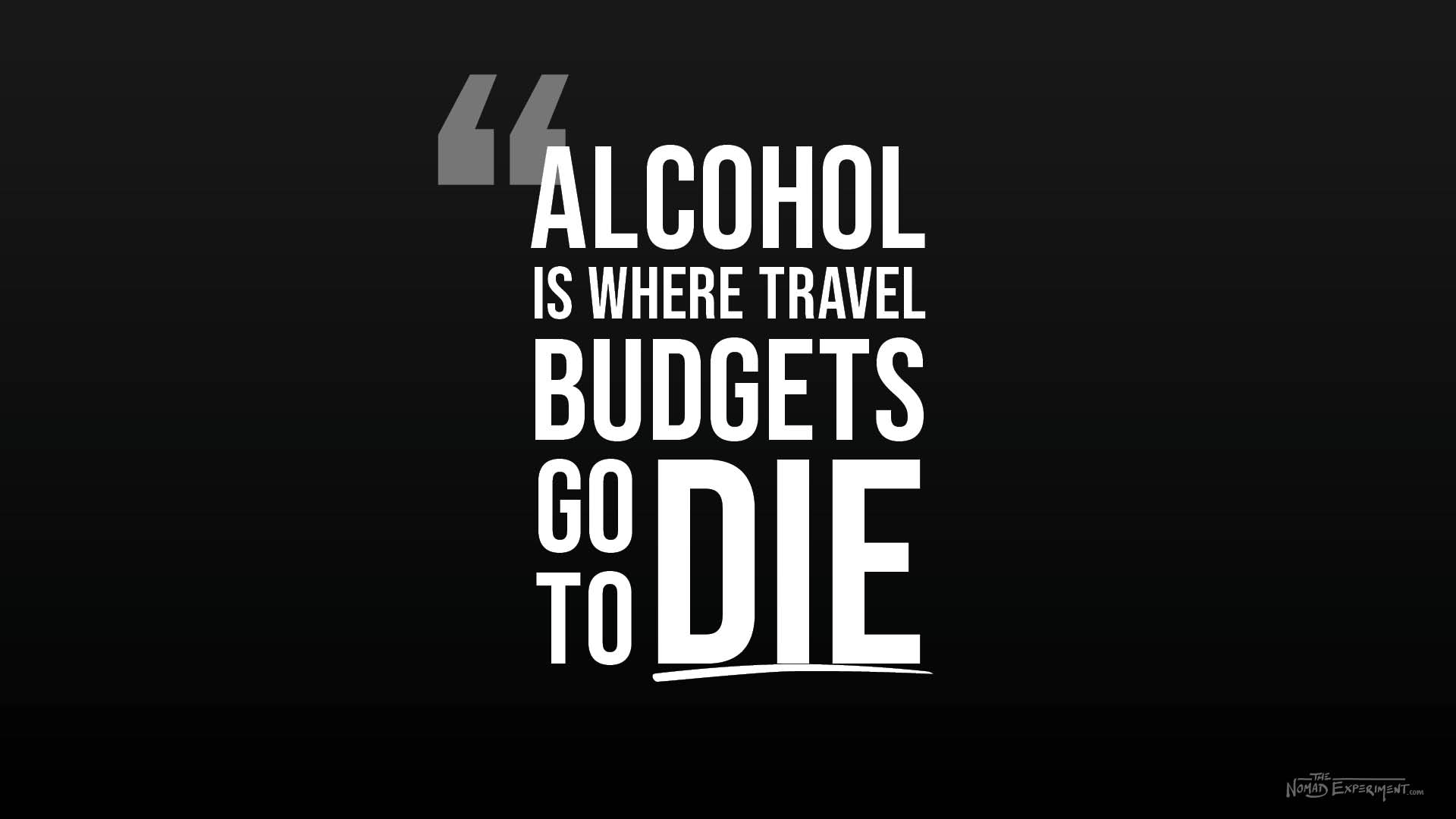
Join the email list to stay in the loop on new releases!
Connect & Share This Article
“I need a drink” or “I have to have my (insert fancy coffee chain name here) in the morning”
I don’t care whether it’s beer, wine, or liquor…it’s a want, not a need. And if it’s truly a need for you, you might need to seek help. In reality, we may really want a drink or the perceived benefits that a drink might afford us, but we don’t need it.
We might really want that delicious, over-sugared, and over-priced frothy delicious jolt of caffeine, but you don’t need it.
These are choices. They are creature comforts or the perpetuation of social norms at best. They come with both physical and financial repercussions and if you’re going to indulge, at least realize that it’s a choice, not a necessity.
“I don’t have time” or “I can’t find the time”
I call bullsh*t. We simply aren’t choosing to prioritize our time towards that particular thing that we probably should be! We’re choosing to value one thing over another, even though our choice may not be creating the results we want. Let’s commit to being real with ourselves on these types of things and call a spade a spade.
It’s OK to choose one thing over another, but let’s own our choices and decisions and not lay blame where it doesn’t belong.
Time…well…spent binge-watching…
Assuming you consume any television-styled content like streaming movies, youtube, etc., think about this: Recent studies say that the average American consumes somewhere around 24+ hours of this content a week! Yes, that’s an entire day out of every 7 devoted to screen time. There are plenty of hours for you to be productive and keep our eyes on the prize.
Let’s look at a couple more uncomfortable truths about some recent pop culture phenomena. Here is the total time it would take a person to watch these entire series’. And this is if they were watched only once! Considering the popularity of these and others, I’m guessing you may have chosen to spend some of your hard-earned free time on one of them.
Game of Thrones: 70 hours and 14 minutes (over 2 days and 22 hours…)
The Office: 99 hours and 30 minutes (over 4 days and 3 hours…)
Parks and Rec: 63 hours (2 days and 15 hours…)
Friends: 121 hours (over 5 days and 1 hour…)
The Sopranos: 86 hours (3 days and 14 hours…)
To be clear, I’m not trying to imply that we shouldn’t be allowed down-time or to enjoy some well-earned time off to decompress. But let’s just be honest with the fact that if most of us want to “find the time,” it wouldn’t be too difficult.
(Oh. And on that list I’m completely guilty of happily consuming both the Office and Parks and Rec…repeatedly over the past few years.)
“I can’t afford that” or “that’s too expensive”
Now, there’s a good chance that you are currently in or have been in a financial bind at some point in your life. Budgeting was never taught in school, and I didn’t even know how knee-deep in dept I was until I was almost 30 years old.
Money problems are real, and backgrounds, upbringings, and circumstances are different for all of us. But these are a couple more tip-of-the-tongue phrases that I feel might be a little more smoke and mirrors than fact. Consider a few of the following:
– Studies show that American households waste upwards of 30% of the food they buy, translating to over $1,800 a year…wasted.
It’s been estimated that Americans on average spend over $70,000 on fast food over a lifetime
– Estimates show that as much as 3% of all gift card purchases go unused within a given year, adding up to over $3 billion in unused cards. (Don’t even get me started on consumer holidays like Christmas…)
– Estimates show that the average American wastes over $350 a year on subscription services that they rarely if ever use.
Later in this series, we’ll look at exactly how far some of this wasted money can go when you start traveling around the world! Learn to compare the value money can get you at home to what it can get you around the world sooner rather than later!
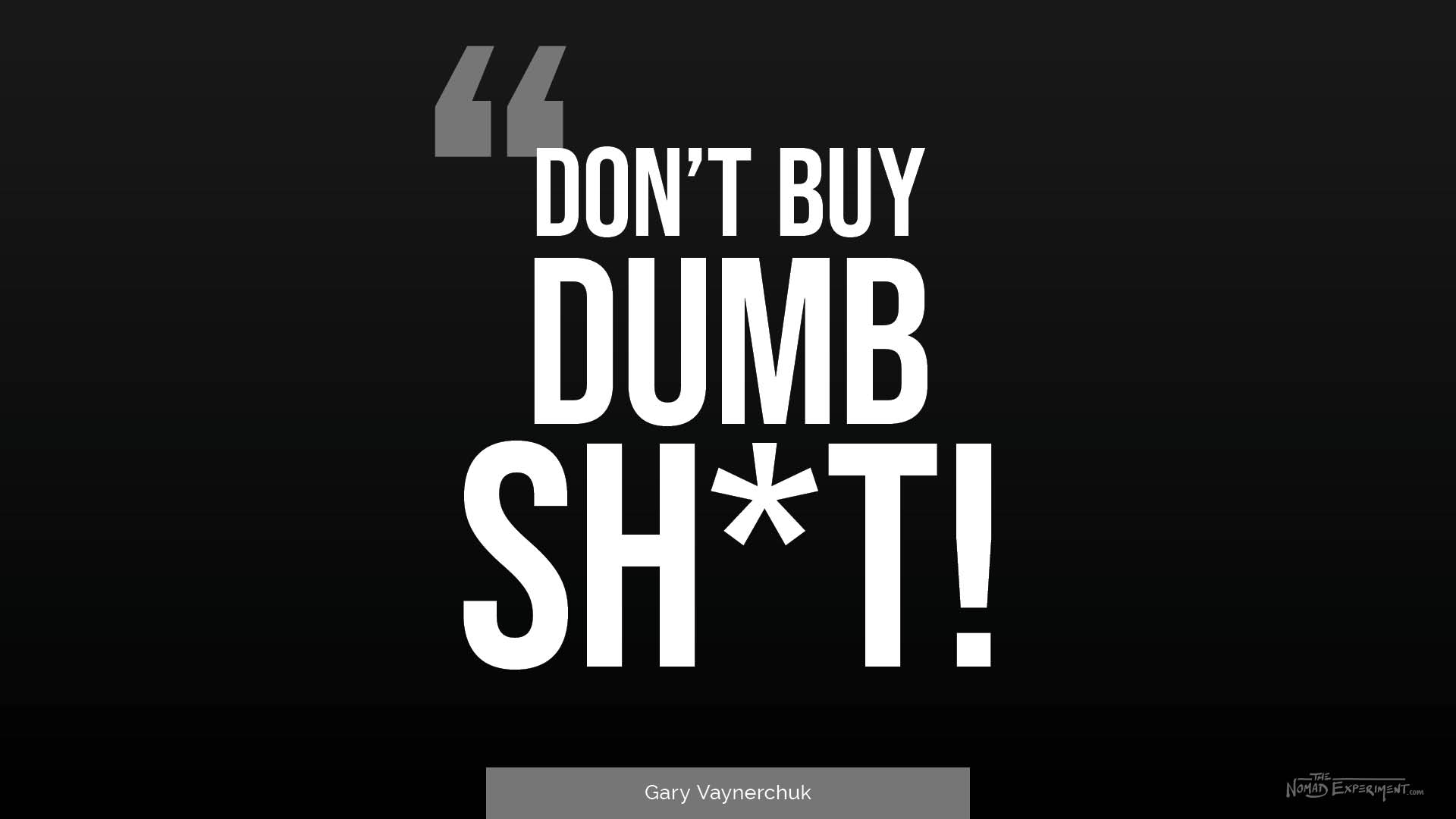
“That country is dangerous” or “That place isn’t safe” or “They don’t like Americans”
First off, these are extremely dangerous…even ignorant…statements in my opinion. They are often a perpetuation of media and marketing propaganda that seems to have seeped deep into the cultural fiber of certain societies.
Those statements completely demonize entire populations of living, breathing, feeling human beings for the sake of brevity.
Second, I feel like based on my own tough love towards myself and beliefs I may have defaulted to earlier in my own journey, they’re more a reflection of laziness than fact. They’re easy statements that seem to give permission to avoid spending the time needed to find out the truth. To learn the truth based on resources that are out there for the taking.
It almost seems easier to just accept these wild over-simplifications of a complex topic than to challenge them.
Avoid the double-standard of what “safety” means if you’re a U.S. citizen
In my opinion, there seems to be a bit of a double standard on how “safety” is defined when it comes to travel domestically vs. internationally, especially for U.S. citizens. Sadly, there are fewer and harder to locate statistics about travel within the United States than those regarding international travel. Given the availability and proliferation of guns in the United States when compared to many other countries, and reviewing the death rates in comparison, it’s kind of hypocritical as well.
Don’t short-change yourself into taking the easy answers. Simple searches on “travel in such-and-such country” will likely have you finding article after article about U.S. citizens and other travelers from around the world being “surprised” at how welcoming a place and its people are.
Yes, there are exceptions to that rule, dangerous places that should not be on your short list to travel to right away, but those exceptions should not be allowed to dominate the rule.
Be conscious of the words you use with yourself and the world
For the rest of your journey learning to travel, or hell, just throughout your life, pay attention to the words you’re using. When misused or unguided, they can give you excuses that slow down or completely derail your ability to achieve your goals.
EXERCISE: Grab that journal you’re using for this journey and jot down some of those undermining statements you may have used (or continue to use) over time. Then just pay attention to using more truthful phrases from here on out.
Connect & Share This Article
Cheers!
—Jason
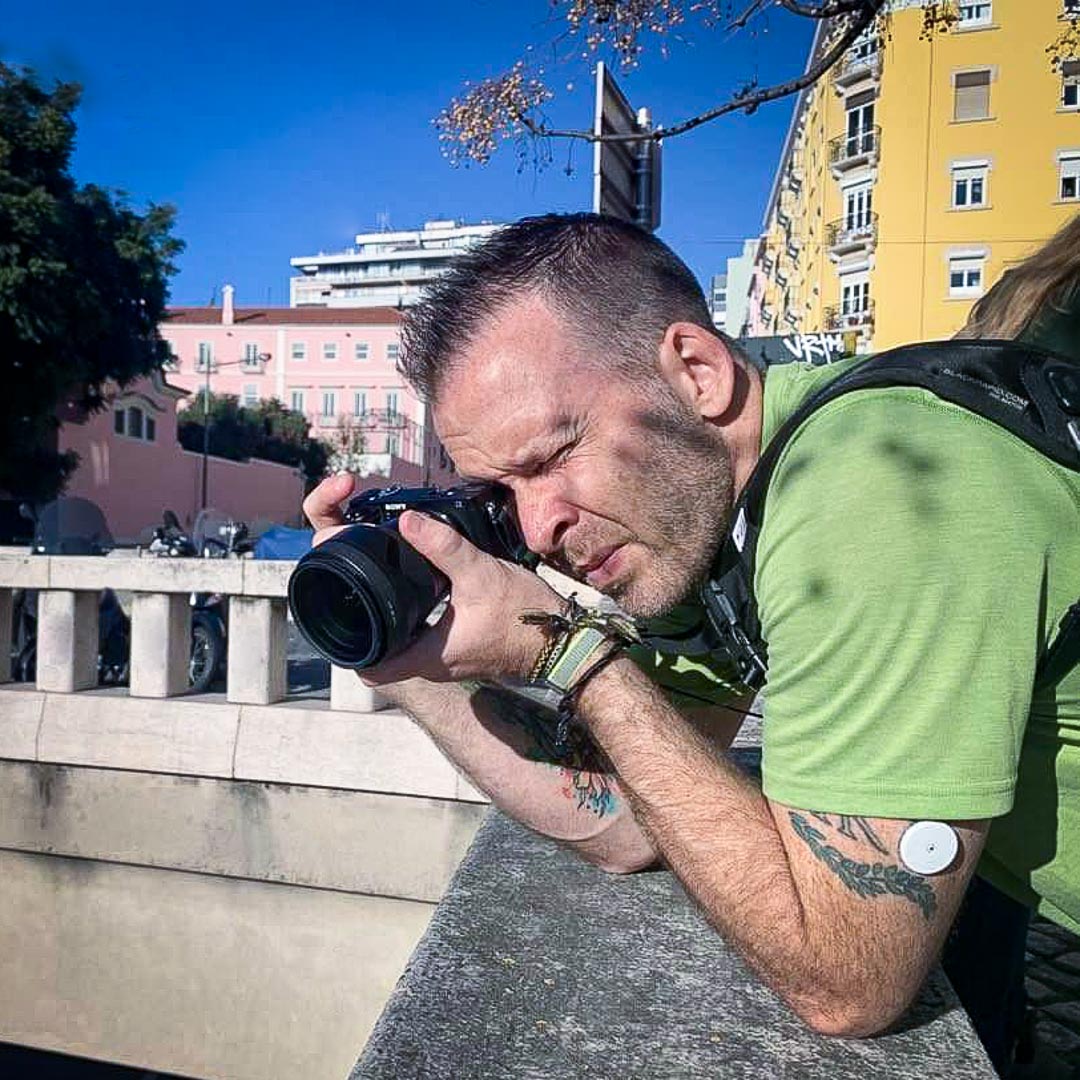
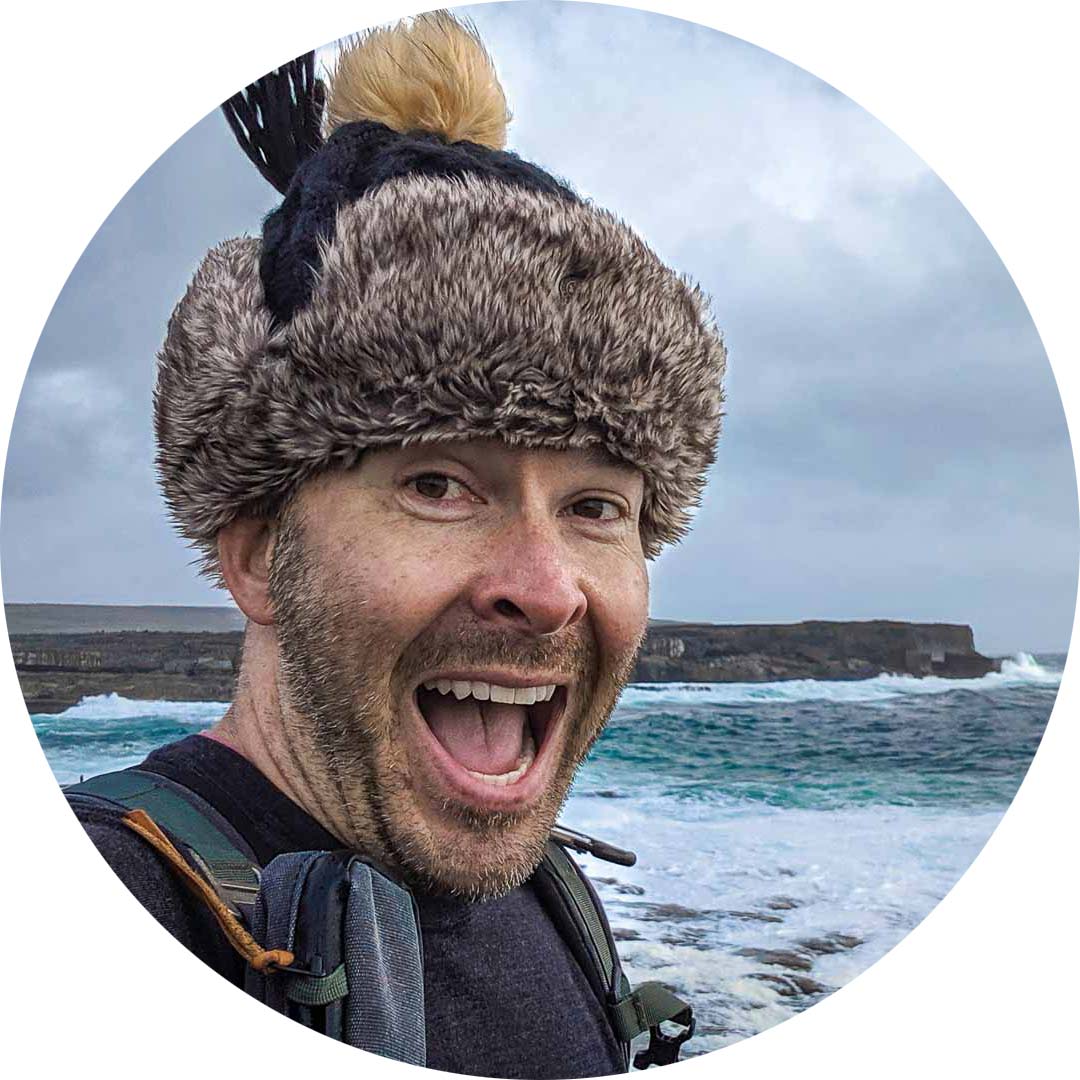
About Jason Robinson
Jason is the author of “The Beginner Traveler’s Guide To Going Nomad,” as well as the voice behind the words and the eye behind the lens for The Nomad Experiment. “Planning to travel at some point” wasn’t actually getting the job done, so nearing 40 he decided to make it a priority, nomatter how scary that was. A few years later—through the pandemic and a type 1 diabetes diagnosis at age 42—now living a life of nomadic travel, he’s speaking out to encourage others of any age, or with any serious medical diagnosis, to live an unconventional life.
Travel Planning Tips
Figure out where you are going & how are you getting there…
I suggest using at least 2 to 3 different travel search sites. Start with Skyscanner or Orbitz or Booking …or whatever aggregator site you prefer. Then when you see what airlines to use, check their respective sites for better deals or rewards flights.
Figure out where you’re going to stay…
If you’re interested in hostels, search Hostelworld or Hostelling International. For longer-term or more private digs, look at Airbnb, VRBO, or you can look for hotel rooms in the links from the search engines listed above.
Get comprehensive travel insurance, or in the least, travel medical insurance if internationally…
Especially with Covid not going anywhere, get covered. Start with an insurance aggregator like Insure My Trip, or with SafetyWing, World Nomads, or another. Then decide what is important to you; trip cancellation, baggage coverage, medical, or all of the above. And get a yearly evacuation plan, since you’ll have to get home after your emergency!
Need more resources? Click here!


